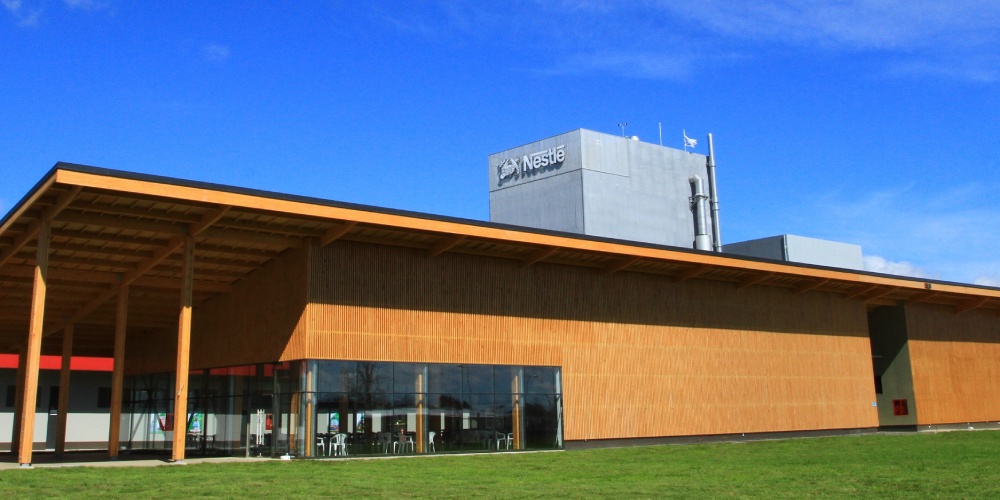The company has signed the sector’s first Clean Production Agreement (CPA) in order to continue improving its environmental standards in line with its global undertakings in this field.

NESTLÉ Chile has undertaken to strengthen the sustainability of the dairy industry through the implementation of the sector’s first Clean Production Agreement (CPA), promoted by the Agency for Sustainability and Climate Change and coordinated by the Consorcio Lechero of which the company forms part.
The agreement implies the efficient use of water and energy, the improvement of waste management and the implementation of technologies to reduce greenhouse gas emissions. The Chilean government’s Office for Agrarian Research and Policies (ODEPA) and the Ministries of Agriculture, Economy, Health, the Environment, Energy and Foreign Relations will also participate in its implementation and provide technical support.
The aim of the joint work fostered by this public-private agreement is to add value to the dairy industry’s production and supply chain within 24 months.
During the signing of the agreement, the authorities highlighted the importance of the dairy industry for Chile, particularly the area from the Araucanía Region to the south, as regards job creation and regional gross domestic product (GDP).
“We view agreements of this type very favorably because they undoubtedly help to improve companies’ productive situation, especially as regards the environment. We are sure that this will help the dairy sector - which is already recognized for the quality of its products - to become ever more competitive internationally,” said Agriculture Minister Antonio Walker.
The executive president of NESTLÉ Chile, Leo Leiman, indicated that, for the company, the dairy business is very important, adding that it was the sector in which it started operations in Chile and with which it extends beyond the country’s borders through exports.
“This agreement allows us to continue to advance collaboratively on the path to the sector’s environmental sustainability, increasing the competitiveness of the products of the companies participating in it,” he said.
The Swiss company, supported by InvestChile, has global commitments as important as its goal of achieving zero net greenhouse gas emissions by 2050 and that 100% of its packaging be recyclable or reusable by 2025.
To find out more about investment opportunities in Chile, see this article.



%2017.11.51.png)

